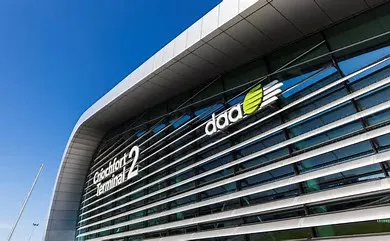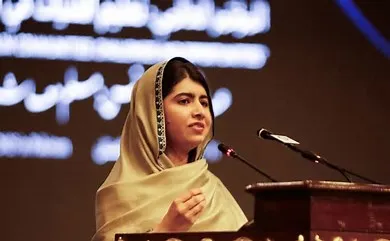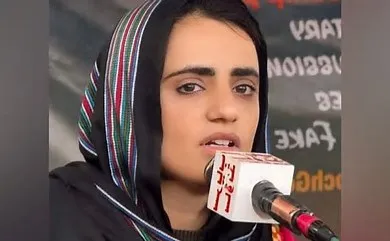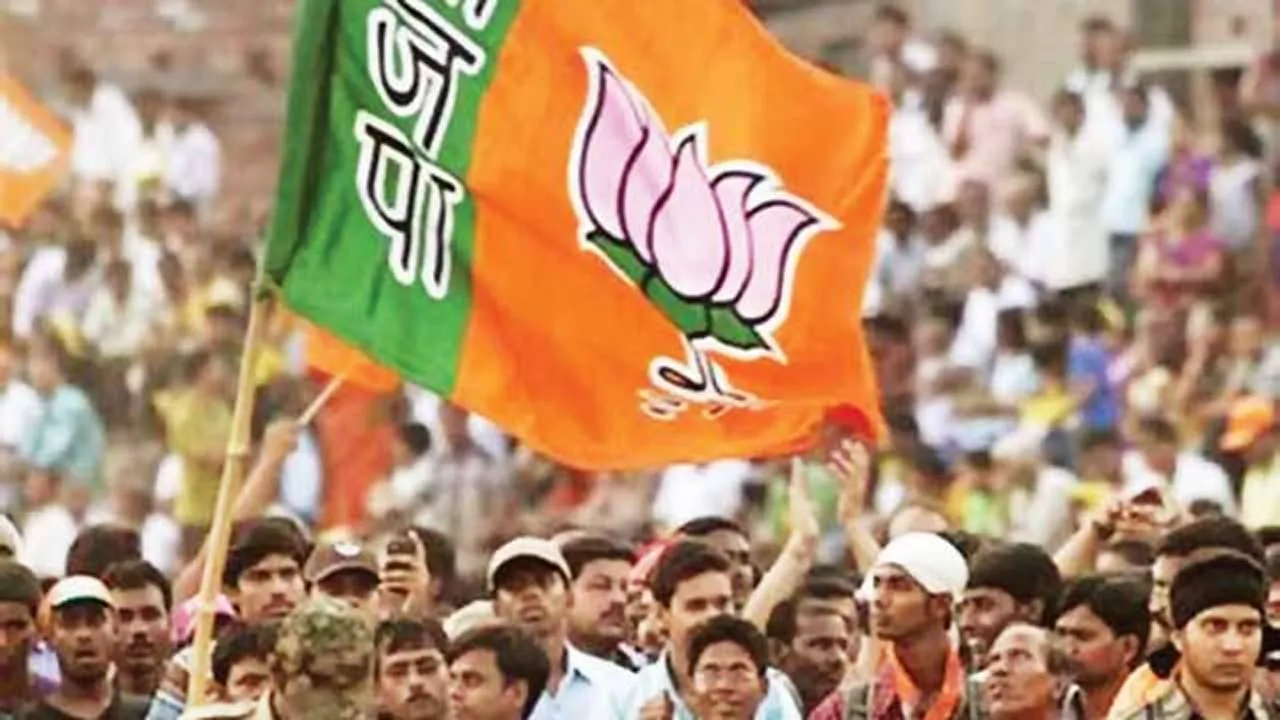Three of the seven sisters of India’s North East concluded their elections this week and as the prospective Chief Ministers get ready for a term of office, it becomes imperative to identify and analyse the agendas that have taken center-stage and influenced voting patterns.
While it is true that the BJP has become synonymous with omnipresence, it has become especially so in the Northeast. The rise of the party in the region does not come as a shock to anyone, but the extent of their promulgation could have taken some time to sink in for those who have not kept up with the trends of the time. It would be remiss to mention that this is also a moment where none of the states in the Northeast are being led by a Congress government.
Tripura, Nagaland, and Meghalaya went to polls last month, and it became clear that elections would be won and lost on more than just religious politics. While BJP has placed itself quite well in the region, it is hard not to notice the rise of the regional parties in all of the states that saw elections.
Nagaland has National Democratic Progressive Party or the NDPP, Tripura has Indigenous Peoples Front of Tripura, and Meghalaya has its very own National Peoples Party or the NPP. All three parties have a striking commonality of being born and bred in their home state. NDPP, NPP, and the IPTF represent something that the people of the northeast have always seen as missing from their lives which is true representation in Indian politics. It’s not unknown that Northeast as a region and the people often feel relegated to the sidelines in terms of their voices being heard and their concerns being met; however, with the advent of regional parties, a slight ray of hope has emerged as most voters believe that their concerns would now be better identified, understood, acknowledged, and potentially resolved since their leaders would have emerged from among them itself.
There is also a facet of legacy when it comes to Meghalaya and Tripura which is often overlooked. The honourable CM of Meghalaya, Conrad Sangma, who is now gearing up for his second term as the Chief Minister of the state, comes from the legacy of the legendary leader P.A. Sangma who was also once the speaker of the Lok Sabha. P.A. Sangma is still revered in not just Meghalaya, but also the region as a whole as he was the first national leader from the Northeast as well as his extremely generous and magnanimous personality.
A similar legacy can be traced in Tripura. The IPTF leader Pradyot Deb Barman comes from the long line of Manikya royal family. The IPTF agenda has been based around the demand for a greater Tripara Land which talks about a state for the indigenous Tipara people. The BJP has realised that coalition with these home-grown parties can lead to not only a greater presence in the northeast, but also a consolidated power structure that would last longer and would alleviate the BJP from its cliched agendas of religious nature.
Another eminent role that was played in these elections was by the team of psephologists that worked behind the scenes quite aptly termed as the “Backroom Boys” by the local media, to understand the root causes of the issues that were faced by voters and what policies could be beneficial to them. The manifestos of candidates and the political rhetoric both reflected these insights, and this has translated into votes especially for Meghalaya. Such teams make use of the latest in Data analysis and information dissipation and give a new flare to the elections helping the voters the most in the process as politicians are forced to take cognizance of the demands of the people and make their policies accordingly.
It would be interesting to see what the next five years hold in store for the northeast as it is set to become India’s gateway to South East Asia.
Dr Aparaajita Pandey is an independent political analyst and strategist. Aatif Ansar is an independent psephologist.
















